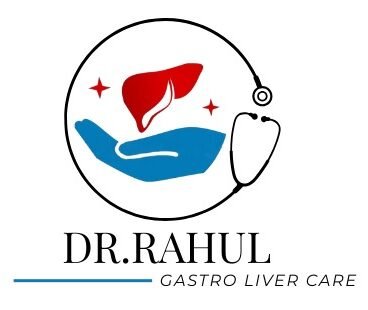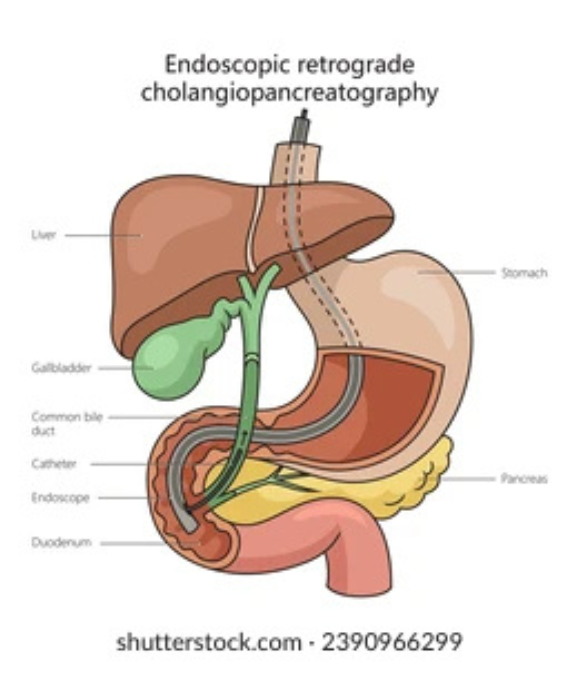ERCP
Home - ERCP

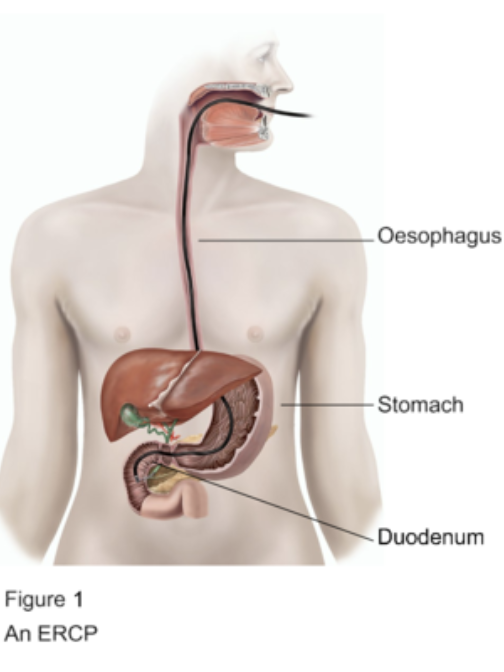

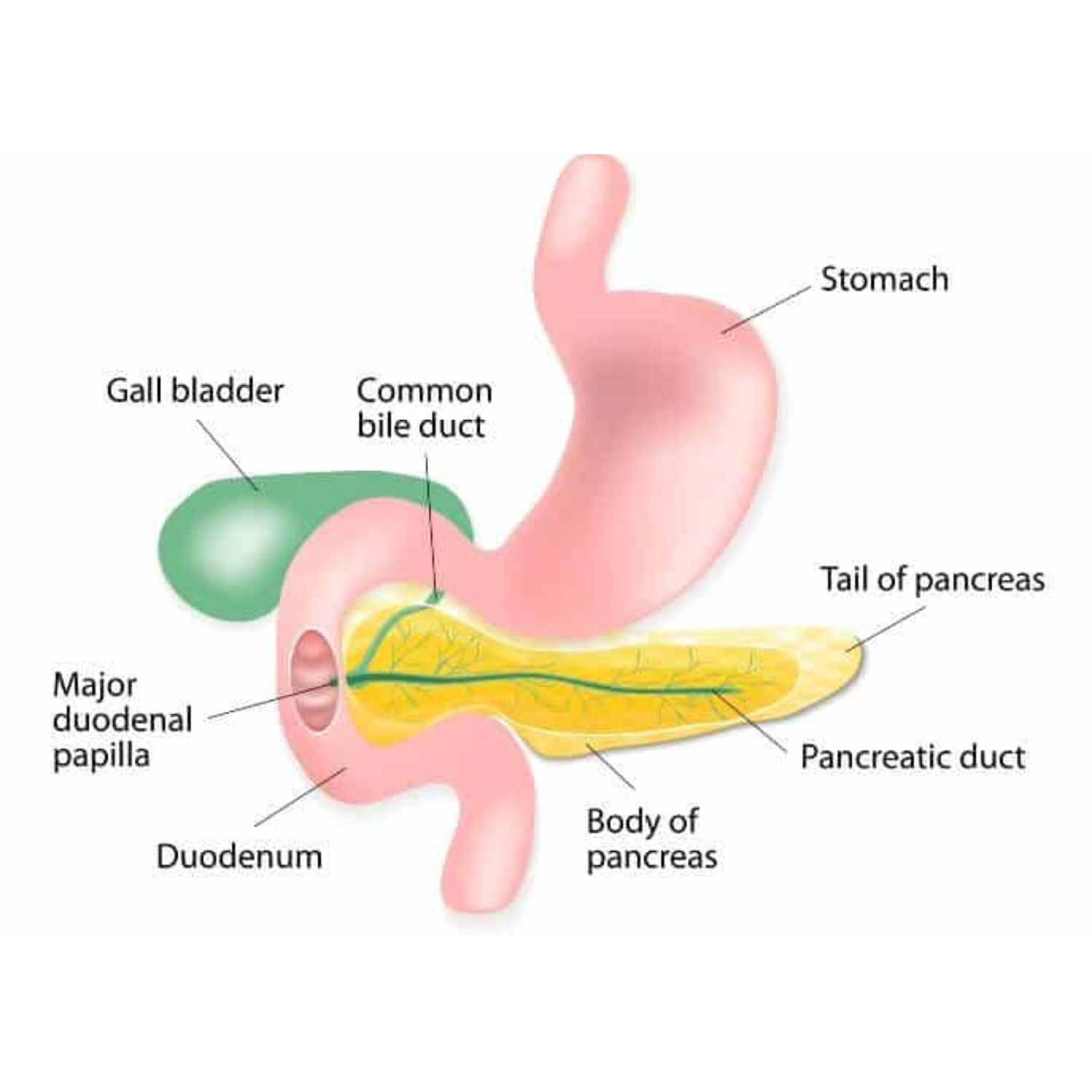
Dr.Rahulgastroliver
Navigating the Biliary Tree with Confidence
Endoscopic Retrograde Cholangiopancreatography (ERCP) is a specialized, minimally invasive procedure used to diagnose and treat conditions of the bile ducts, gallbladder, and pancreas.
Unexplained abdominal pain
Unexplained abdominal pain may signal underlying issues—our specialists use advanced diagnostics to find answers and
Blocked or narrowed bile ducts
Blocked or narrowed bile ducts can cause pain and jaundice—ERCP offers accurate diagnosis and treatment.
Gallstones stuck in bile ducts
Gallstones stuck in bile ducts can cause severe symptoms—ERCP safely removes them and restores flow.
Suspicion of tumors or cancers
When tumors or cancers are suspected, ERCP helps diagnose and guide timely, targeted treatment plans.
What Is ERCP?
Endoscopic Retrograde Cholangiopancreatography (ERCP) is a specialized, minimally invasive procedure used to diagnose and treat conditions of the bile ducts, gallbladder, and pancreas. At [Hospital Name], our experienced gastroenterology team uses ERCP to help patients find answers—and relief—from persistent digestive symptoms.
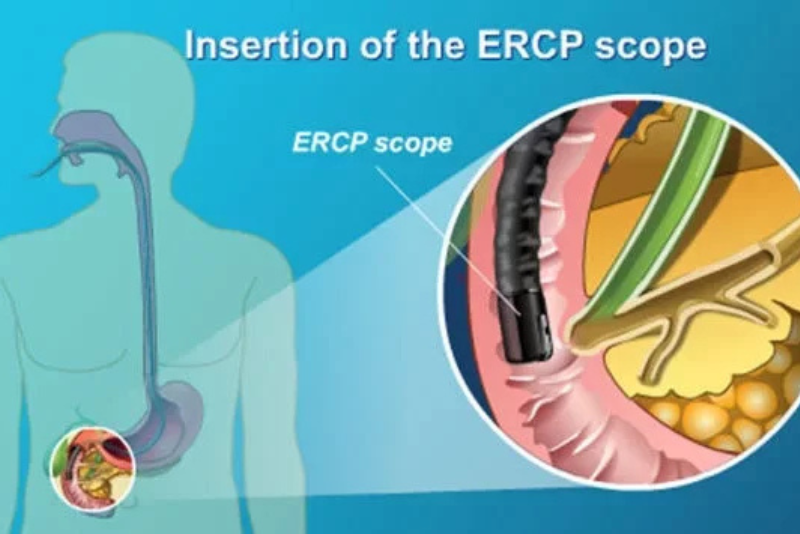
Why Choose Us
Our See More Treat Better Live Healthier Service?
The endoscope is inserted through a natural opening like the mouth or anus and can be used for examination, diagnosis, and sometimes treatment of conditions.
Expert Care
Board-certified specialists with years of experience in ERCP procedures.
Cutting-Edge Technology
Advanced equipment for accurate diagnosis and effective treatment.
Comprehensive Approach
Personalized care plans tailored to your specific needs.
Minimal Downtime
Safe, minimally invasive procedures for faster recovery.
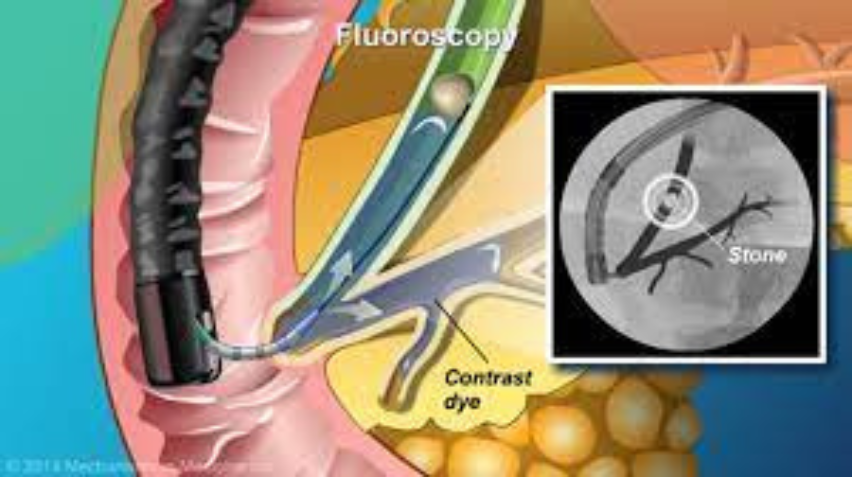
ERCP PROCESS
ERCP: Clearing the Way for Better Digestive Health
ERCP (Endoscopic Retrograde Cholangiopancreatography) is a specialized medical procedure used to diagnose and treat problems in the liver, gallbladder, bile ducts, and pancreas.
ENDOSCOPY
Most Popular Services and Pro Team Skills
This procedure helps diagnose, monitor, and sometimes treat conditions affecting areas like the digestive tract, respiratory system, or urinary tract. It’s often used to investigate symptoms such as pain, bleeding, or abnormal test results.
Our Trackrecords
Of on affixed civilly moments promise explain fertile in. Assurance advantage belonging happiness departure so of. Now improving and one sincerity intention allowance commanded not. Oh an am frankness be necessary earnestly advantage.
Frequently Asked Questions
Endoscopy is commonly performed to investigate symptoms such as abdominal pain, difficulty swallowing, gastrointestinal bleeding, or changes in bowel habits. In many cases, small treatments—like removing polyps, stopping bleeding, or taking tissue samples (biopsies)—can be done during the same procedure.
ERCP (Endoscopic Retrograde Cholangiopancreatography) is a diagnostic and therapeutic procedure used to examine and treat problems in the bile ducts, pancreas, and gallbladder. It combines endoscopy (using a camera) and fluoroscopy (real-time X-rays).
ERCP is performed to:
Remove bile duct or pancreatic duct stones
Unblock narrowed ducts (strictures)
Diagnose pancreatic or bile duct cancer
Treat chronic pancreatitis
Place stents to keep ducts open
Take biopsies for further testing
No, the procedure is not painful. Patients receive sedation or anesthesia to ensure they’re comfortable and unaware during the process.
Do not eat or drink for 6–8 hours before the procedure.
Inform your doctor of any allergies, especially to iodine or contrast dye.
Disclose all medications and medical conditions, particularly related to blood thinners or heart problems.
The procedure typically takes 30 to 90 minutes, depending on whether diagnostic or therapeutic steps are needed.
